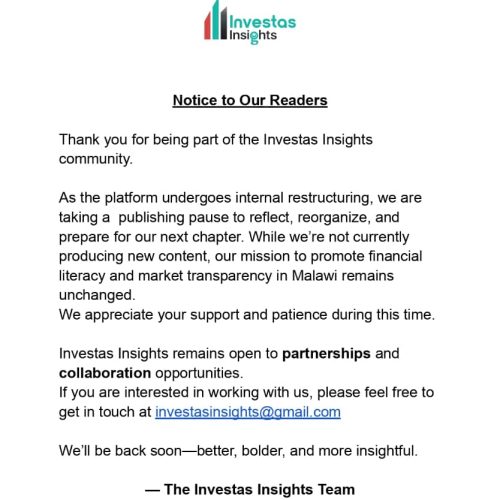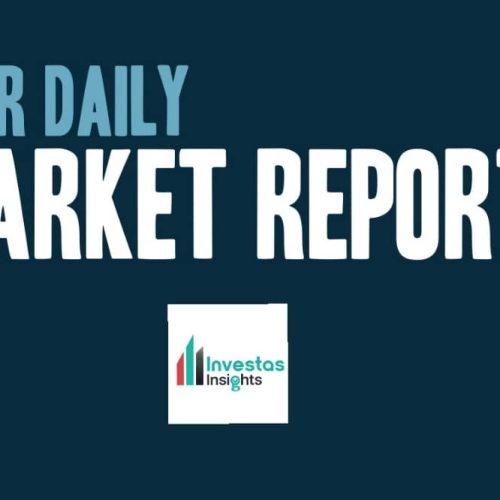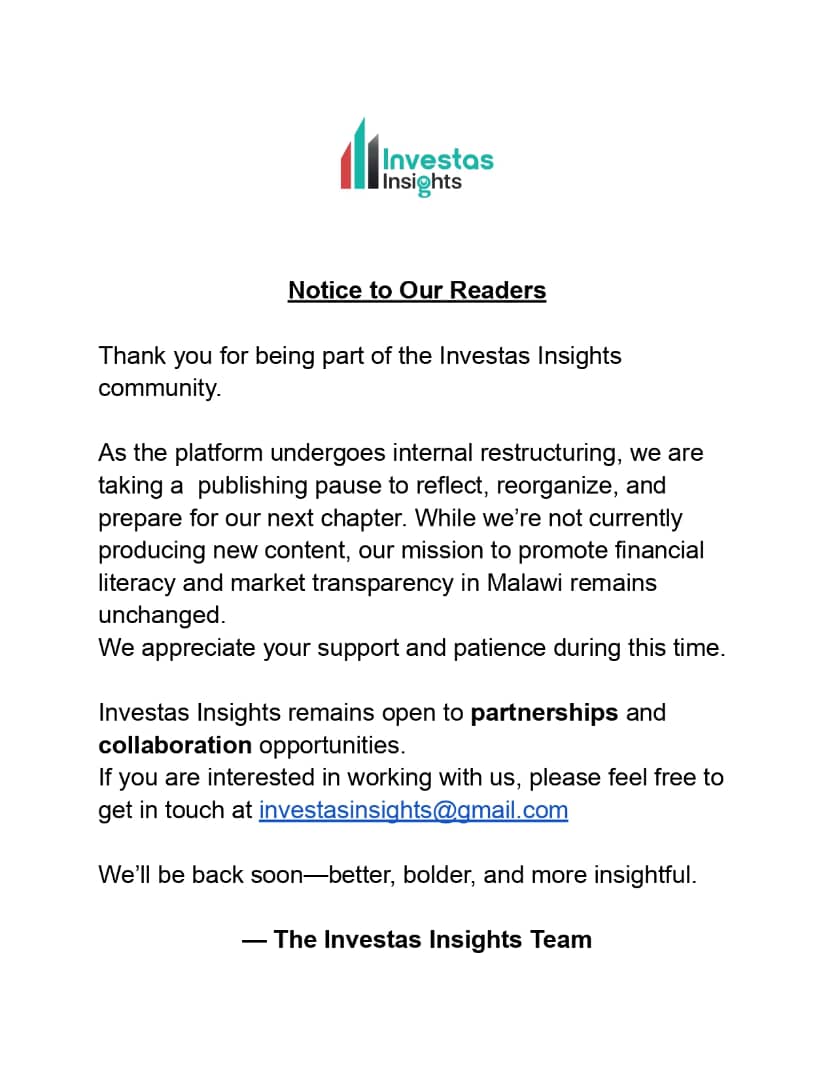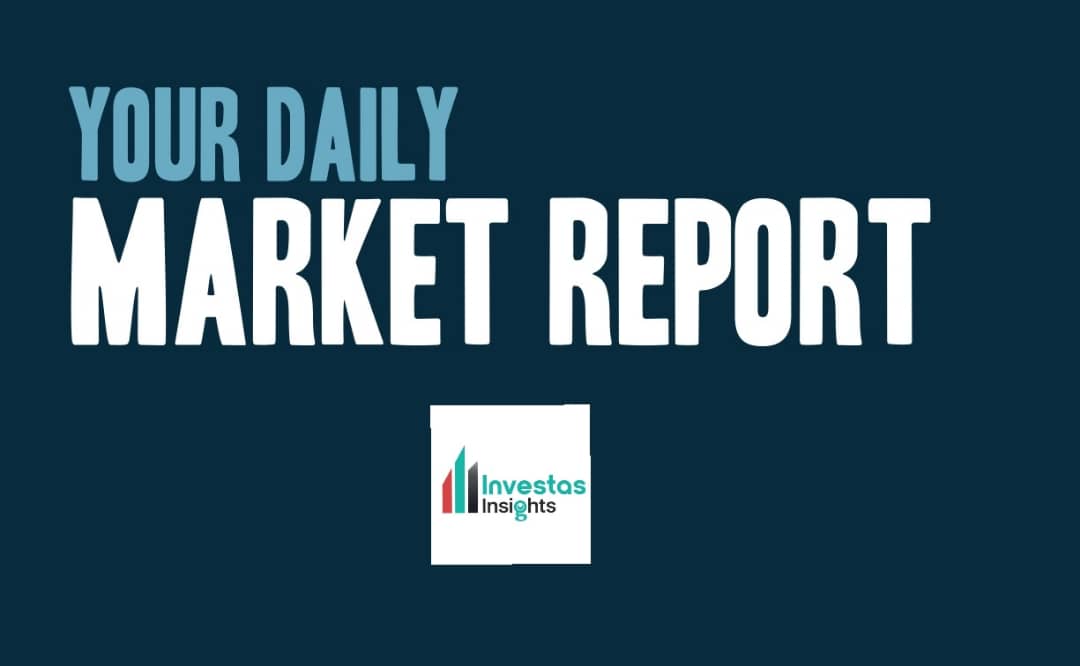In a surprising twist for Malawi’s financial sector, a second stock exchange—Xidian International Stock Exchange—has officially been launched. But while the ribbon has been cut, the doors still seem locked.
There’s no website. No trading platform. No clear operations manual. Just a bold announcement and a wave of curiosity sweeping across the investment community.
In his remarks, Kruger Phiri, Director General of the Malawi Investment and Trade Centre, noted that the Xidian Exchange will complement the Malawi Stock Exchange, offering an additional channel for foreign currency trading.
But after the fanfare, there’s little to show—at least for now, this is somehow questionable.
So, What Is Xidian?
According to MITC, Xidian is not your typical stock exchange. It’s being pitched as an international capital market platform that will allow both foreign and local investors to access investment opportunities in Malawi and beyond. Unlike the Malawi Stock Exchange (MSE), which caters largely to domestic companies and investors, Xidian aims to integrate Malawi into the global financial system.
During it’s supposedly launch yesterday, Patrick Mhango, Executive Director of Regulation at the Reserve Bank of Malawi, emphasized the Bank’s commitment to guiding and supporting the Xidian International Stock Exchange throughout its operational journey.
But has it started operating?
Concerns and Speculation
The lack of a digital presence—especially in an age where all modern exchanges are online—has raised eyebrows. Investors, analysts, and even regular citizens have taken to social media and business forums, questioning whether the exchange is operational or simply symbolic at this stage.
“Launching a stock exchange without a website or visible trading framework is highly unusual,” said one analyst at Investas Insights. “It could mean it’s still in development, or that the launch was more strategic and ceremonial than practical or maybe but very questionable”
What This Means for Malawi
If fully functional, Xidian could bring healthy competition to the local market, broaden capital raising options for businesses, and attract foreign direct investment (FDI). It could also inspire much-needed innovation in a financial market that has long been criticized for being limited in scope and accessibility.
But for now, transparency and communication will be key. Malawians will want to see concrete steps—platforms, regulations, and investor protections—before fully embracing Xidian as a legitimate and functional exchange.
The Bottom Line
Malawi may have just entered a new era of finance with the launch of the Xidian International Stock Exchange. But until the dust settles and the details become clear, the excitement remains mixed with caution.
One thing is certain: the investment community is watching closely.






